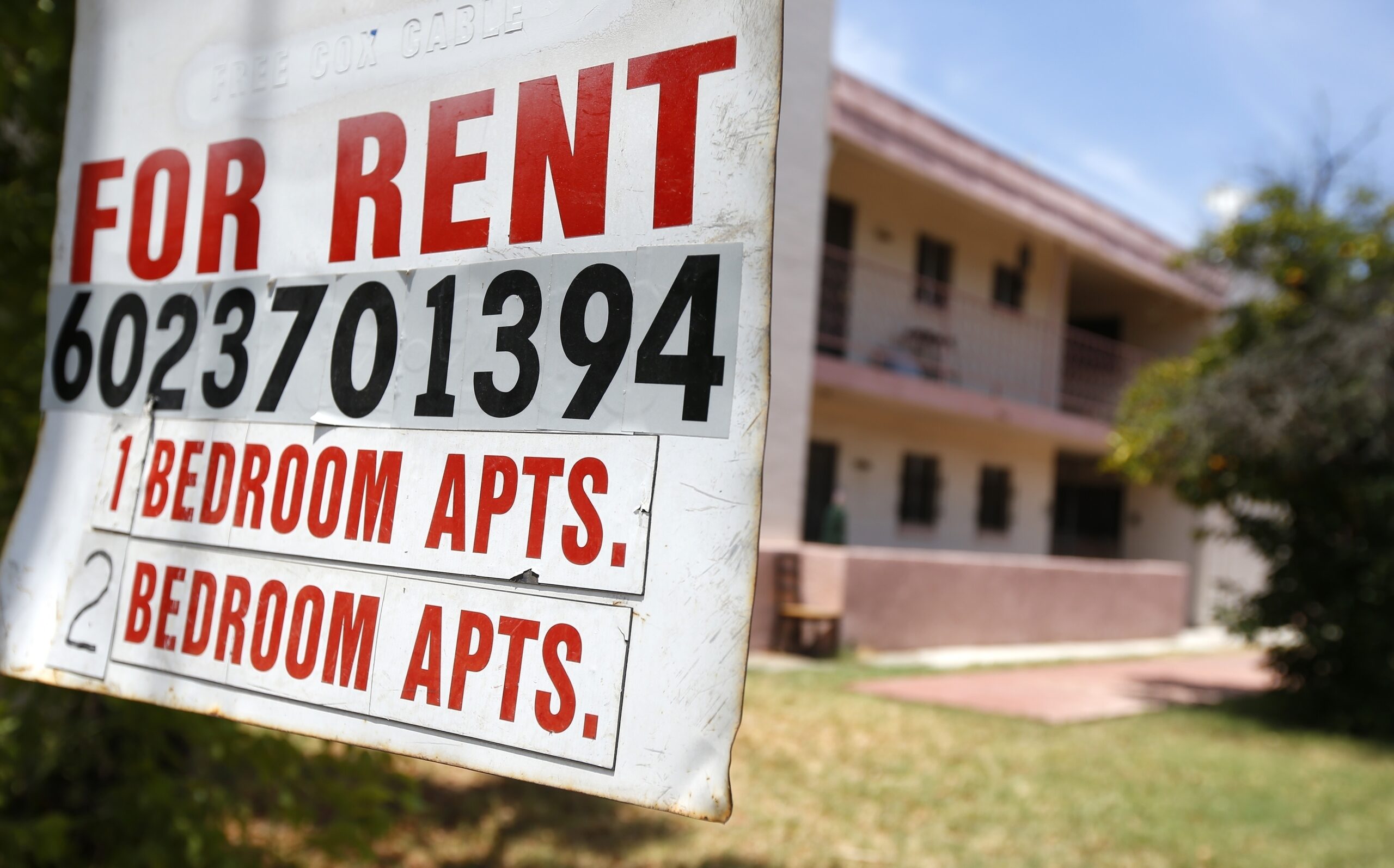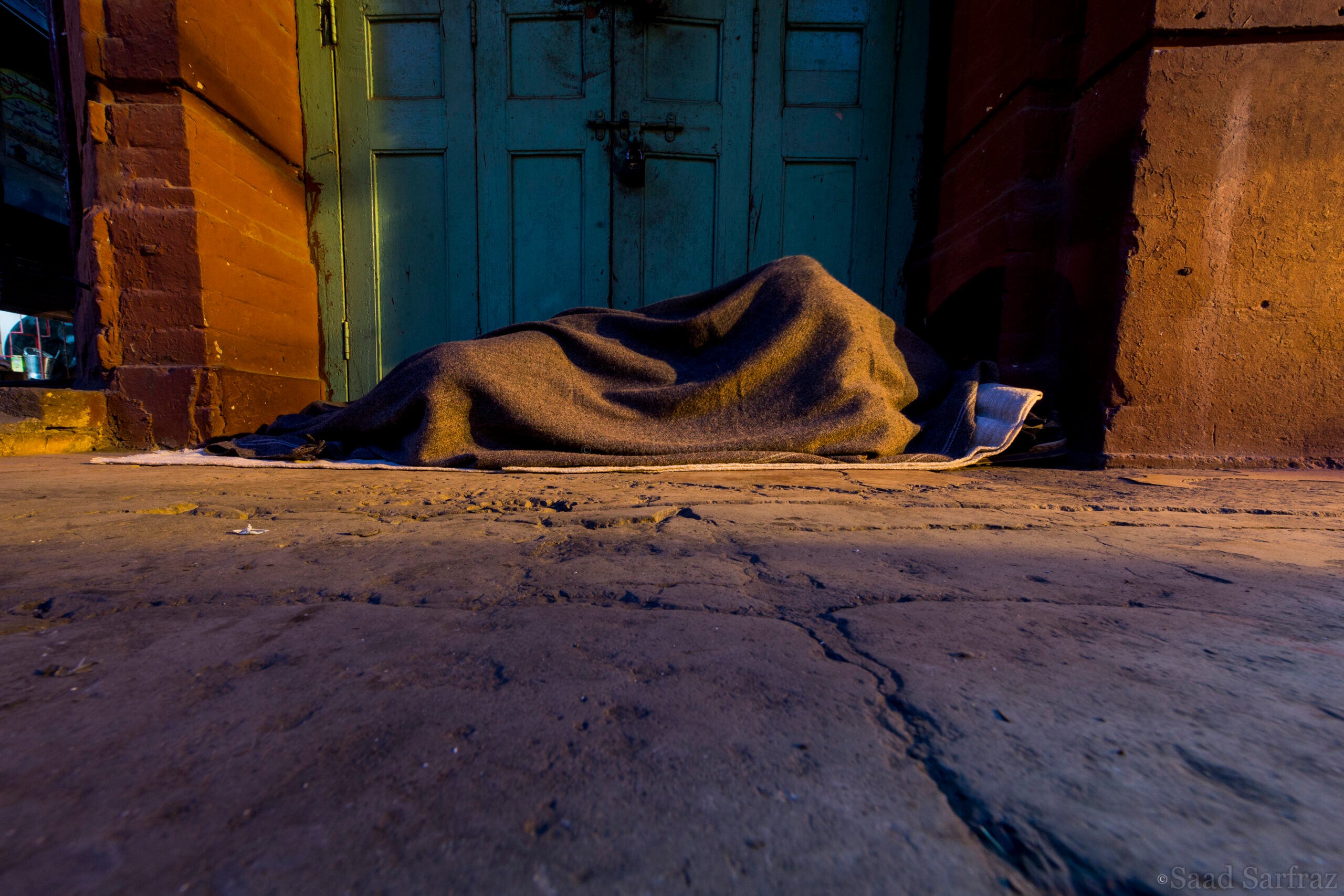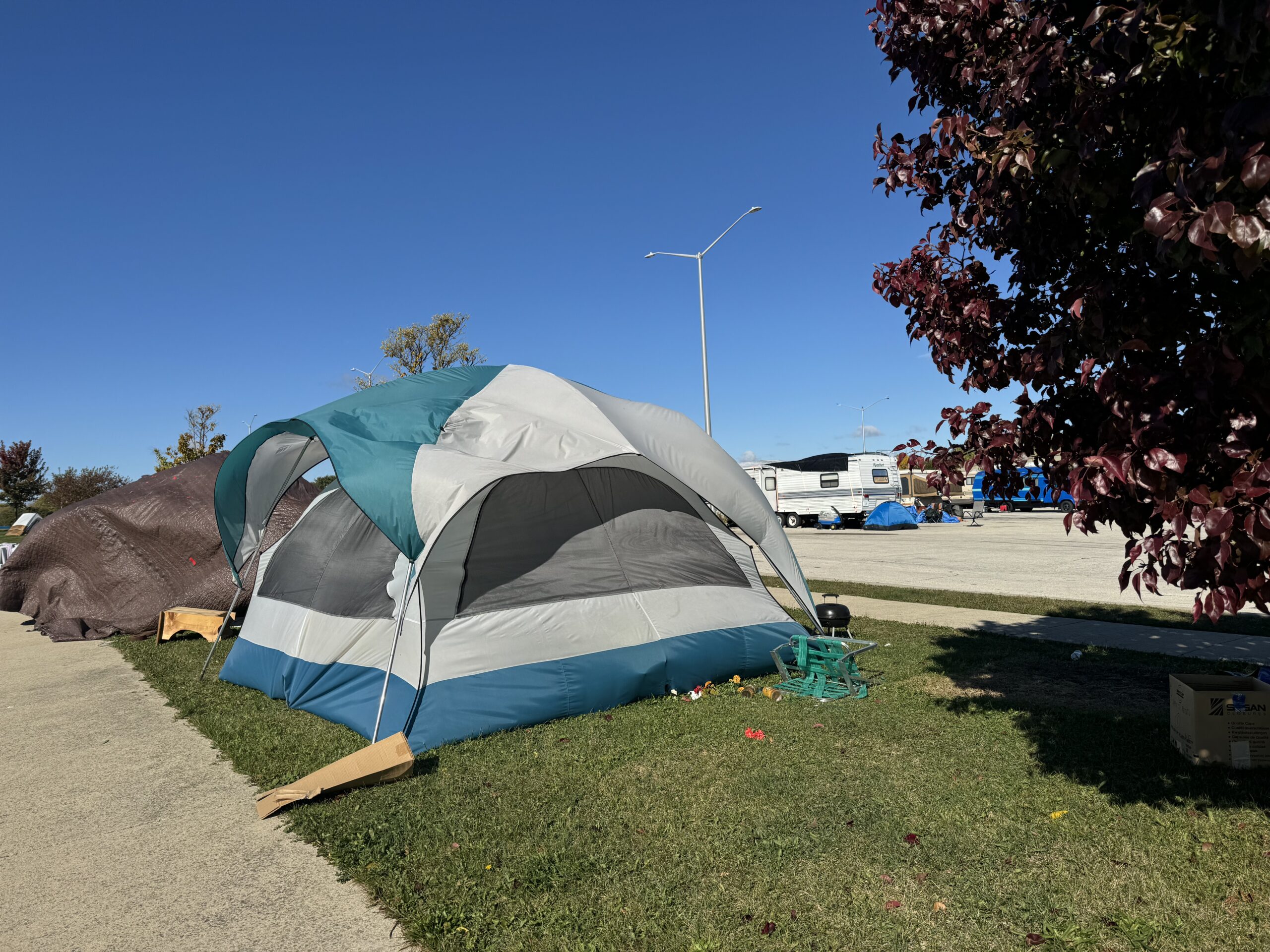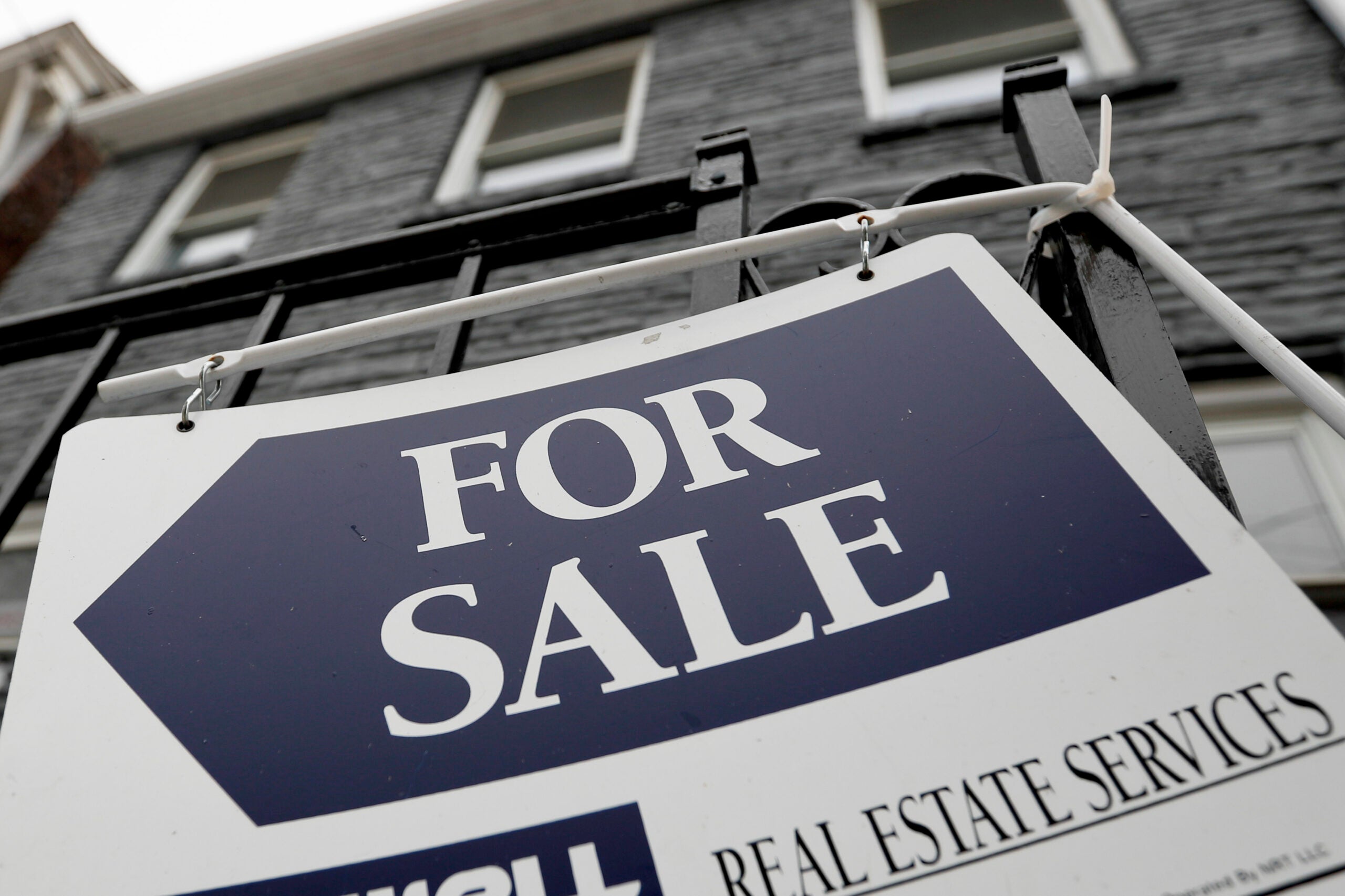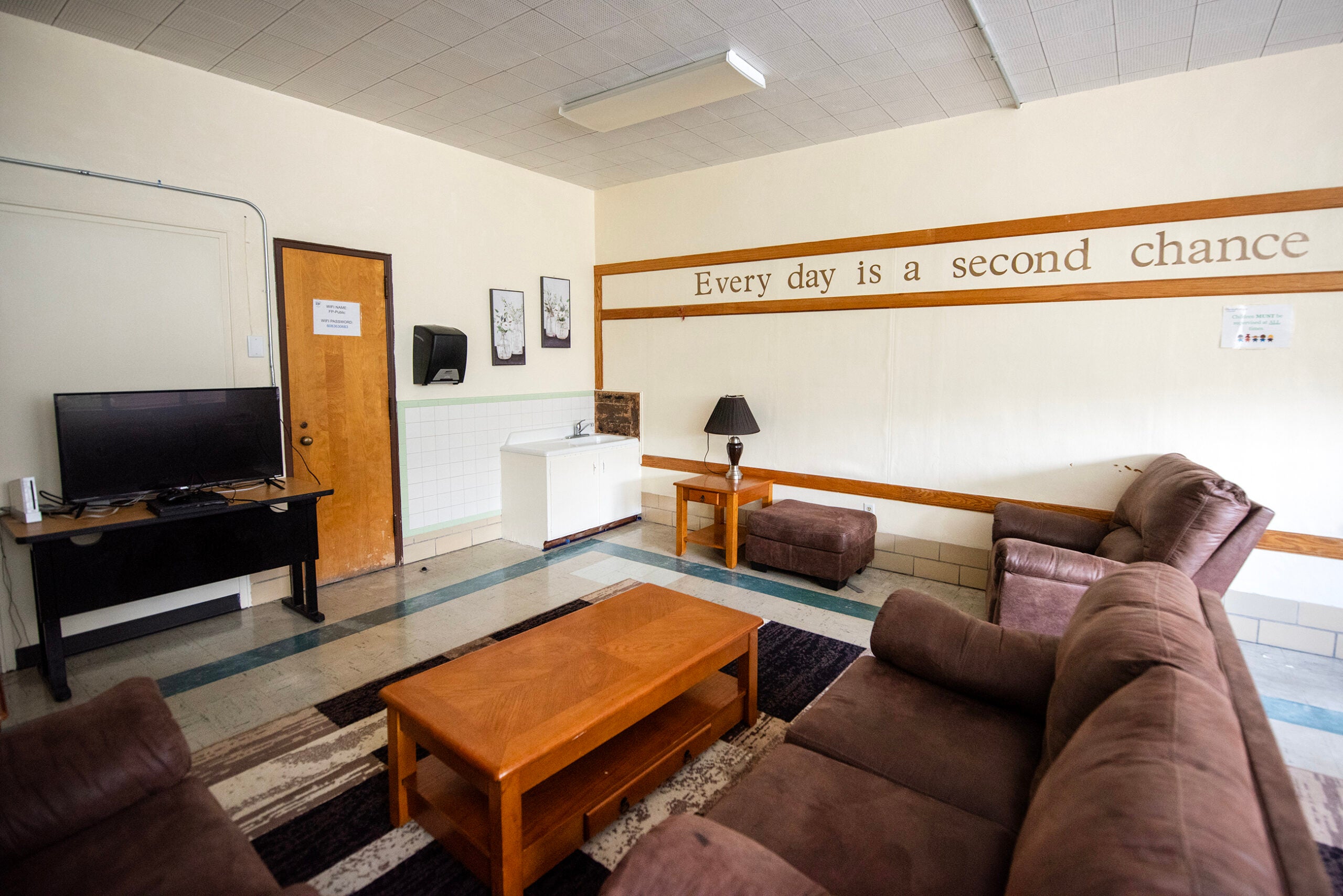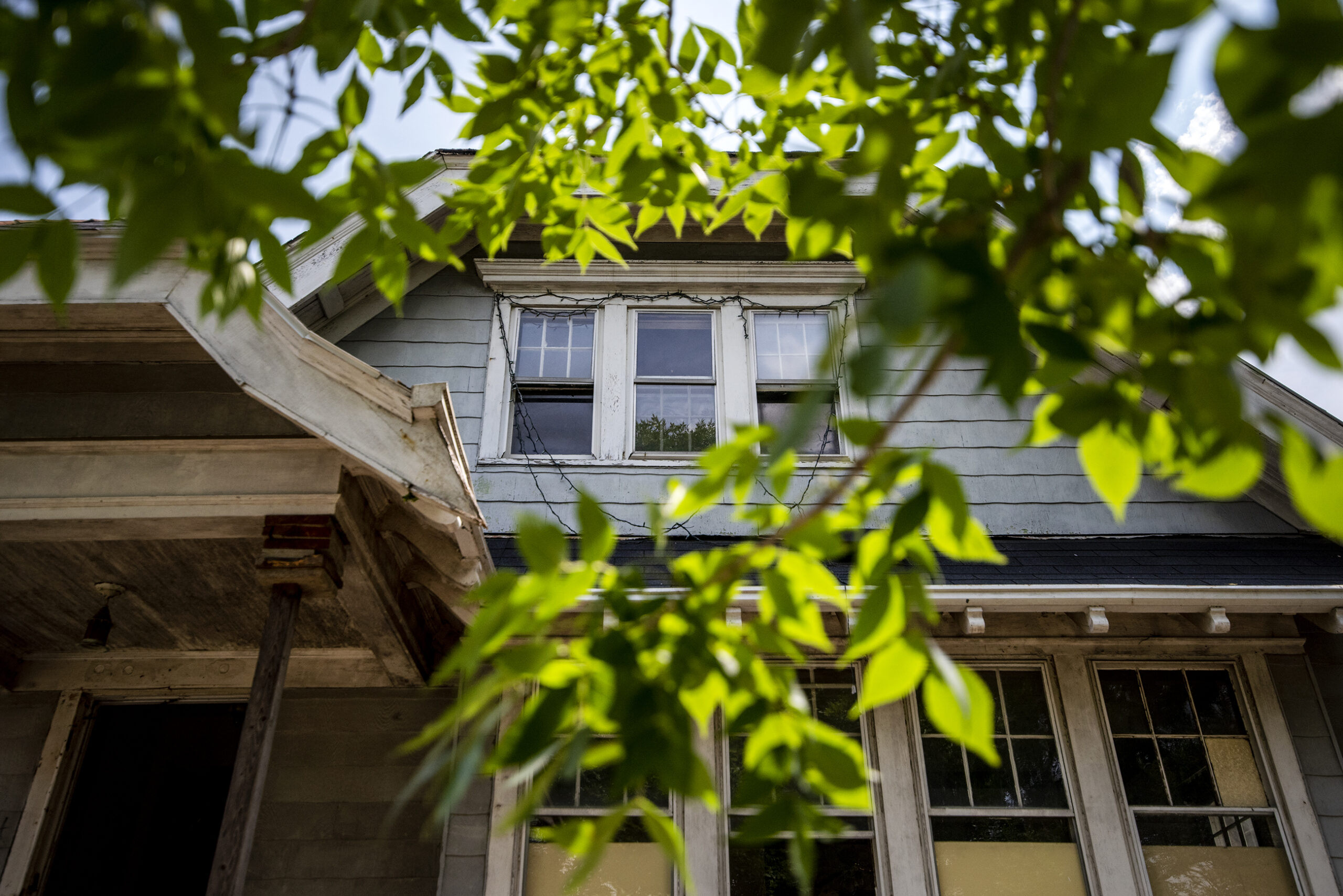While Wisconsin’s housing shortage has posed major hurdles for renters and prospective homebuyers, it’s been especially difficult for the state’s marginalized communities.
The state needs to build at least 140,000 housing units by the end of the decade to keep pace with current demand, and that number jumps to 227,000 units if Wisconsin hopes to grow its working-age population, according to a report by Forward Analytics, the research arm of the Wisconsin Counties Association.
As a result of the shortage, African Americans, immigrants, refugees, young members of the LGBTQ+ community and domestic violence victims have struggled to find quality affordable housing, according to a new report from Green Bay’s Equal Rights Commission.
News with a little more humanity
WPR’s “Wisconsin Today” newsletter keeps you connected to the state you love without feeling overwhelmed. No paywall. No agenda. No corporate filter.
“We serve so many clients every day at our agency — from domestic violence, to sexual assault to youth programming — and the No. 1 disparity that exists right now in our community is sadly housing,” said Robin Scott, executive director of We All Rise African American Resource Center, at a Green Bay Common Council meeting last Tuesday.
At the same time, advocates for those dealing with homelessness in the Fox Valley area say local shelters are full and that they’ve had difficulties working with landlords to provide subsidized housing programs.
The Equal Rights Commission report said the housing shortage has given landlords “an excessive amount of power in the rental marketplace.” The commission listed recommendations to address the issue, including creating programs to expand advocacy for renters and prioritizing municipal investment in producing and subsidizing affordable housing.
But Norm Kapesky, president of the Fox Valley Apartment Association, disagreed with the idea that landlords have excessive power. He said the housing shortage created more competition for every available unit and rent increases have been largely in response to high demand for housing and stagnant supply, as well as economic pressures like inflation.
“Everything’s just got a cost to it that keeps driving the prices up: water bills are increasing, your gas bills are increasing in value, property taxes, etc.,” he said. “Everything has a cause and effect that is, unfortunately, drifting down (and) impacting the low income class the most.”
Commission chair Tara Yang, a local business owner, told the common council the goal of the housing report was to give voice to the most vulnerable in the Green Bay community.
“The reason why we chose to specifically speak to marginalized communities and to hear from them is because when they speak up about their experiences, they often get reprimanded by landlords,” she said. “Landlords and associations have long-standing organizations that support them … these marginalized communities often don’t have that same support.”
Rich Vanderleest, a member of the Apartment Association of Northeast Wisconsin, said at the common council meeting landlords want to be part of the solution to the area’s affordable housing problem.
“There’s very few landlords that don’t want to help,” he said.
Creating subsidized housing hits roadblocks
The housing shortage has also caused challenges for the state’s homeless population. Rising rents have made it more difficult for Pillars, one of the largest shelters in the Fox Valley, to offer subsidized housing programs.
Tara Prahl, supportive services director for Pillars, said landlords are often asking people to leave so they can rehab the property. As a result, they increase rents that don’t often meet subsidized housing criteria.
“Subsidies require your units to be within a fair market rent, and their rents are far beyond the fair market,” she said. “We’ve had many units pulled from us, and we have been working hard to kind of replenish that stock, so we can continue to run our housing programs.”
That’s forced some individuals to return to homelessness, said Mindy Howell, a case manager for the Salvation Army and president of the Fox Cities Housing Coalition.
“It basically has families and individuals either staying homeless longer or fleeing domestic (violence) longer,” she said. “It causes a lot of problems in terms of affordable housing in the community.”
Anyone could experience homelessness, Prahl said. Some have been laid off from their jobs, some are fleeing domestic violence and others are struggling with mental health or addiction.
“The folks that we serve, in my opinion, are no different than anybody else,” she said. “They just have different levels of privilege. They’ve probably had more adverse experiences happen within their life than most people could imagine.”
From a landlord’s perspective, Kapesky, with the Fox Valley Apartment Association, said it’s much less risky to rent to someone with a stable job that isn’t receiving a subsidy.
Landlords focused on growing their business and seeing a return on investment, he said, are especially unlikely to rent to a high-risk tenant.
“The landlords that are willing to step in and work with this at-risk tenant are able to find success in doing so — as long as they are not in a growth mode — if they’re a stable landlord and they’re not dependent on market rents to offset market purchases (and) market rehabs,” Kapesky said.
Communities have taken efforts to boost northeast Wisconsin’s housing stock. Green Bay is working to develop six different multifamily housing projects this year that could create over 700 apartments and condos. Meanwhile, Appleton’s city leaders plan to spend $1 million from the federal American Rescue Plan Act on an affordable housing project consisting of 48 units, with the majority restricted for low-income renters.
Those projects could help address the region’s housing shortage, but more work is still needed to provide better access to quality affordable housing, Howell said.
“We need some more housing stock, not just single-family units,” Howell said. “We have a really good community of single-family units, but we need apartment complexes — whether one-, two- or three-bedroom units. (And) some regulations on leasing and how much above fair market rent you can actually go.”
Wisconsin Public Radio, © Copyright 2025, Board of Regents of the University of Wisconsin System and Wisconsin Educational Communications Board.

